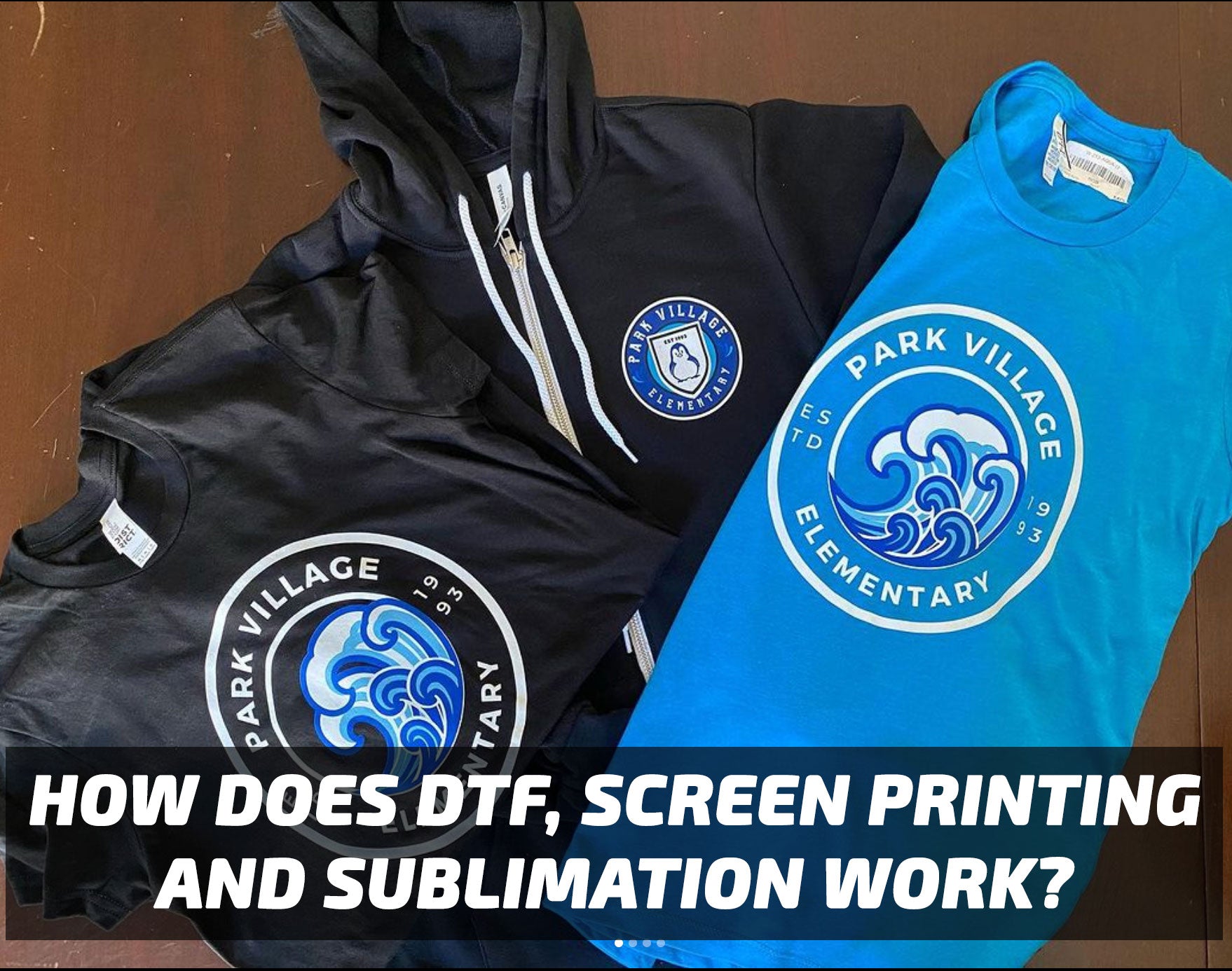Licensed Trademark Designs: What Are They?
A licensed trademark design refers to an artwork, logo, or design that is protected by intellectual property laws and carries a trademark registration. Trademarks are used to protect brands and their associated designs from unauthorized use, helping maintain brand integrity and preventing confusion among consumers.
Using Licensed Trademark Designs Responsibly
Using licensed trademark designs requires obtaining proper permissions from the copyright owner or license holder. Simply purchasing an artwork or design doesn't automatically grant you the right to reproduce it for printing. Permission is often granted through licensing agreements, which specify how the artwork can be used, where it can be reproduced, and the duration of use.
Permission Requirements
The type of permission required depends on the intended use of the licensed design. For instance:
- Personal Use: If you're using a licensed design for personal projects, like printing a T-shirt for yourself, you might not need explicit permission. However, it's best to double-check the terms of use and any licensing agreements associated with the design.
- Commercial Use: Printing licensed designs for commercial purposes, such as selling merchandise, typically requires obtaining a commercial license. This license outlines the scope of use, often involving payment of royalties or fees to the copyright owner.
Buying designs from Etsy: Does It Grant Printing Permissions?
Buying a licensed design from platforms like Etsy doesn't automatically grant you printing permissions. Many artists and designers on Etsy offer their work with personal-use-only licenses. If you intend to print and sell items using these designs, you must contact the seller and obtain a commercial license or permission.
Here, we explore the complexities surrounding this issue and provide insights to help you navigate this landscape wisely.
1. Lack of Clear Licensing Information
One of the primary challenges when buying trademarked designs on Etsy is the inconsistency in licensing information. Many sellers do not provide comprehensive details about the permissions associated with their designs. This ambiguity can lead buyers to assume that purchasing a design grants them unlimited rights for printing, reproduction, and commercial use, when that might not be the case.
2. Misunderstanding Personal Use Licenses
Etsy sellers often offer designs under "personal use" licenses, which can be misleading. Personal use licenses restrict the use of a design to non-commercial, individual purposes only. This means that using such designs for printing items to sell could potentially breach the terms of the license, leading to legal issues.
3. Inadequate Commercial Use Options
While some Etsy sellers do offer licenses for commercial use, these licenses might come at an additional cost and with specific conditions. It's crucial to thoroughly read and understand the terms and limitations of a commercial license before assuming you can freely print and sell items featuring the purchased design.
4. Ignoring Trademark Protections
Trademarked designs carry legal protections to prevent unauthorized use that could lead to consumer confusion or brand dilution. Buying a design from an Etsy seller does not automatically grant you the right to use a registered trademark in your commercial endeavors. Ignoring these protections can result in severe legal consequences.
5. Infringement Risks and Penalties
Using trademarked designs without proper authorization exposes you to the risk of infringement claims. Trademark owners have legal rights to defend their intellectual property and can take legal action against infringers. Penalties can include cease-and-desist orders, fines, or even lawsuits demanding compensation for damages.
Navigating Trademarked Designs on Etsy: Tips
-
Thoroughly Read Listings: Scrutinize the listing's description, terms, and licensing information. Look for mentions of personal or commercial use licenses and any associated costs.
-
Contact Sellers: If licensing information isn't clear, reach out to sellers to clarify permissions and licensing terms. Obtain written documentation of any agreements.
-
Seek Legal Advice: If you're uncertain about licensing terms or the use of a trademarked design, consult legal experts well-versed in intellectual property matters.
-
Consider Original Designs: Prioritize using original designs or working with artists to create custom designs tailored to your needs.
Penalties for Illegally Printing Licensed Images
Illegally printing licensed images can lead to serious consequences, including legal actions and financial penalties. Copyright and trademark owners have the right to pursue legal action against those who violate their intellectual property rights. Penalties can range from cease-and-desist letters and fines to lawsuits, which may result in substantial monetary damages.
Politely Refusing Customer Requests for Printing Licensed Images
When customers request printing of licensed images, it's important to handle the situation delicately. Here are some suggestions for responding politely:
- Educate: Explain that the requested image is a licensed design protected by copyright or trademark laws, and using it without proper authorization would be illegal.
- Suggest Alternatives: Offer to help the customer find a similar design that is not subject to licensing restrictions.
- Offer Customization: If the customer wants something specific, discuss the possibility of creating a custom design tailored to their needs.
- Recommend Legal Sources: Point the customer towards legitimate sources for licensed designs that can be used for printing.
Conclusion
Using licensed images for printing involves understanding copyright, trademarks, and licensing agreements. Remember that buying an image doesn't automatically grant printing permissions. To avoid legal complications, always seek proper permissions before reproducing licensed designs. As a printer, it's essential to educate clients about the importance of respecting intellectual property rights while offering alternative solutions to meet their needs. By navigating licensed images responsibly, you can contribute to a creative and respectful business environment.



